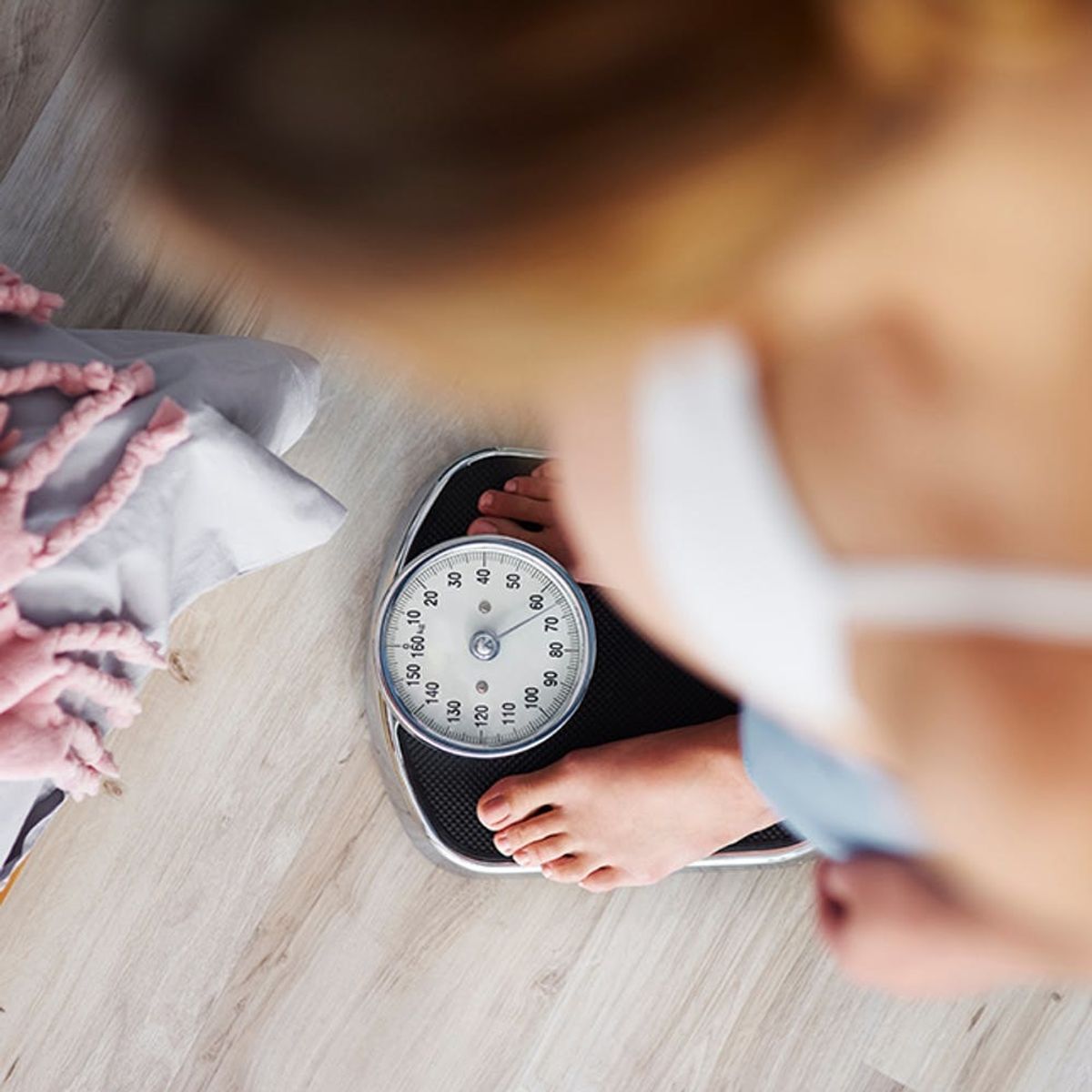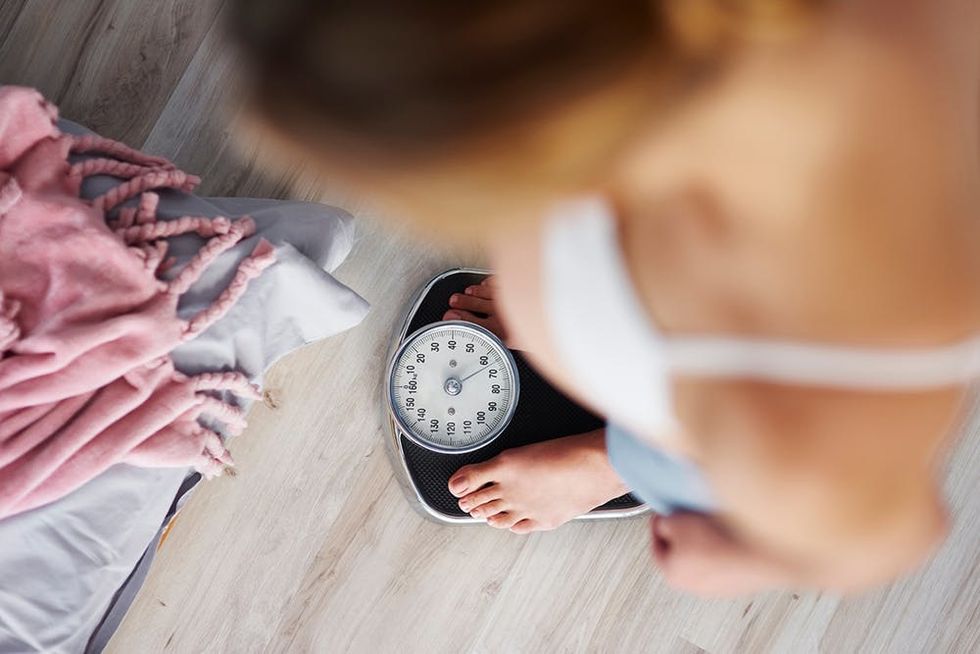This Is How Often You Should Weigh Yourself, According to a Psychotherapist and Dietician

Whether you’re trying to lose weight or just maintain, it can be hard to know how often you should be stepping on the scale. Due to natural weight fluctuations, weighing too often can be counterproductive, especially if you’re weighing at different times of the day. That said, a lot of people like to see a number to make sure they’re staying on track. To see how often people should really be weighing themselves, we spoke with Lisa Moskovitz, a registered dietician practicing in New York City; as well as Caryn Sherman-Meyer, a psychotherapist and psychoanalyst in New York City who focuses on disordered eating.

Regardless of what your motivations are, it’s important to refrain from focusing solely on the number on the scale. “I recommend once a week, first thing in the morning for either weight loss or maintenance,” says Moskovitz. Not only is this totally doable, but Moskovitz also points out that it can keep people from getting discouraged if their progress is on a slower timeline, which can happen when people weigh themselves too often.
“Some people only stay on track if they weigh in every day,” adds Moskovitz. “But most people who weigh in daily get easily discouraged if they don’t see progress.” The most important factor? “Know yourself and what’s helpful and what’s harmful,” says Moskovitz.
Sherman-Meyer has spent years helping her patients and students focus on self-care, and while she believes that people without a history of disordered eating should be able to determine how often they weigh for themselves, she has a message for those trying to lose weight. “Personally, my advice would be for us not to pay attention to the number,” says Sherman-Meyer. “Numbers are triggering and not always accurate.”
Sherman-Meyer makes sure to take other factors into consideration when working with patients who are overweight. “I try to figure out why someone is overweight,” she adds. “I want to know whether they’re using food to manage their feelings, or if they have a medical condition or a food intolerance or allergy.”
For people who have struggled with disordered eating in the past, Sherman-Meyer advises tossing the scale out altogether. “I strongly recommend NOT weighing oneself, because it’s not about the number,” says Sherman-Meyer. “It’s about how the food is being used or misused, and the number is always triggering no matter what it is.”
While these pieces of advice could sound conflicting, try setting a goal to weigh in once each week, while also taking Sherman-Meyer’s advice to focus “not on body size, but on self-care.”
How often do you weigh yourself? Tweet us at @BritandCo and let us know.
(Photo via Getty)


















